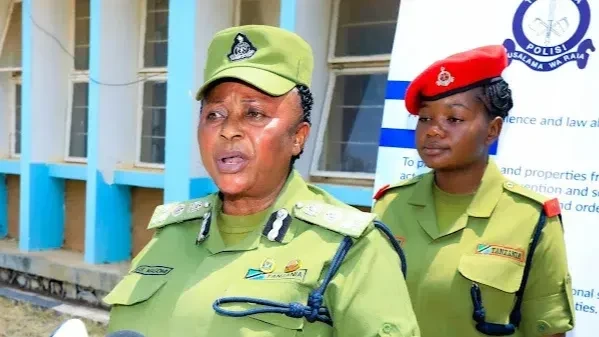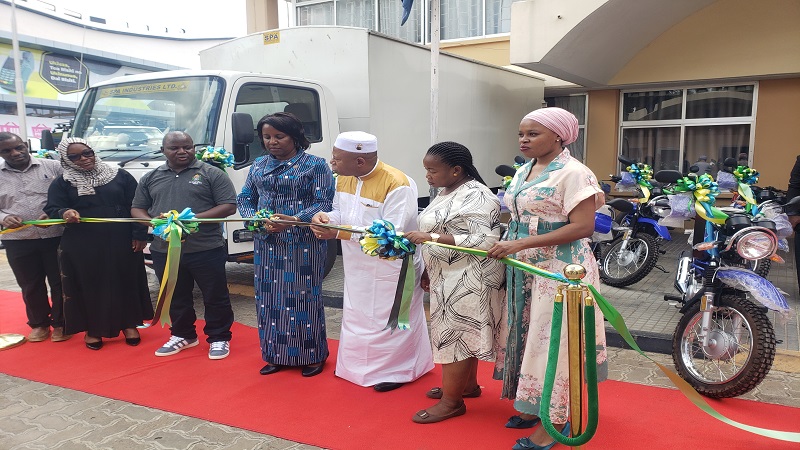(FOCAC) Xi Jinping -- true friend of Africa
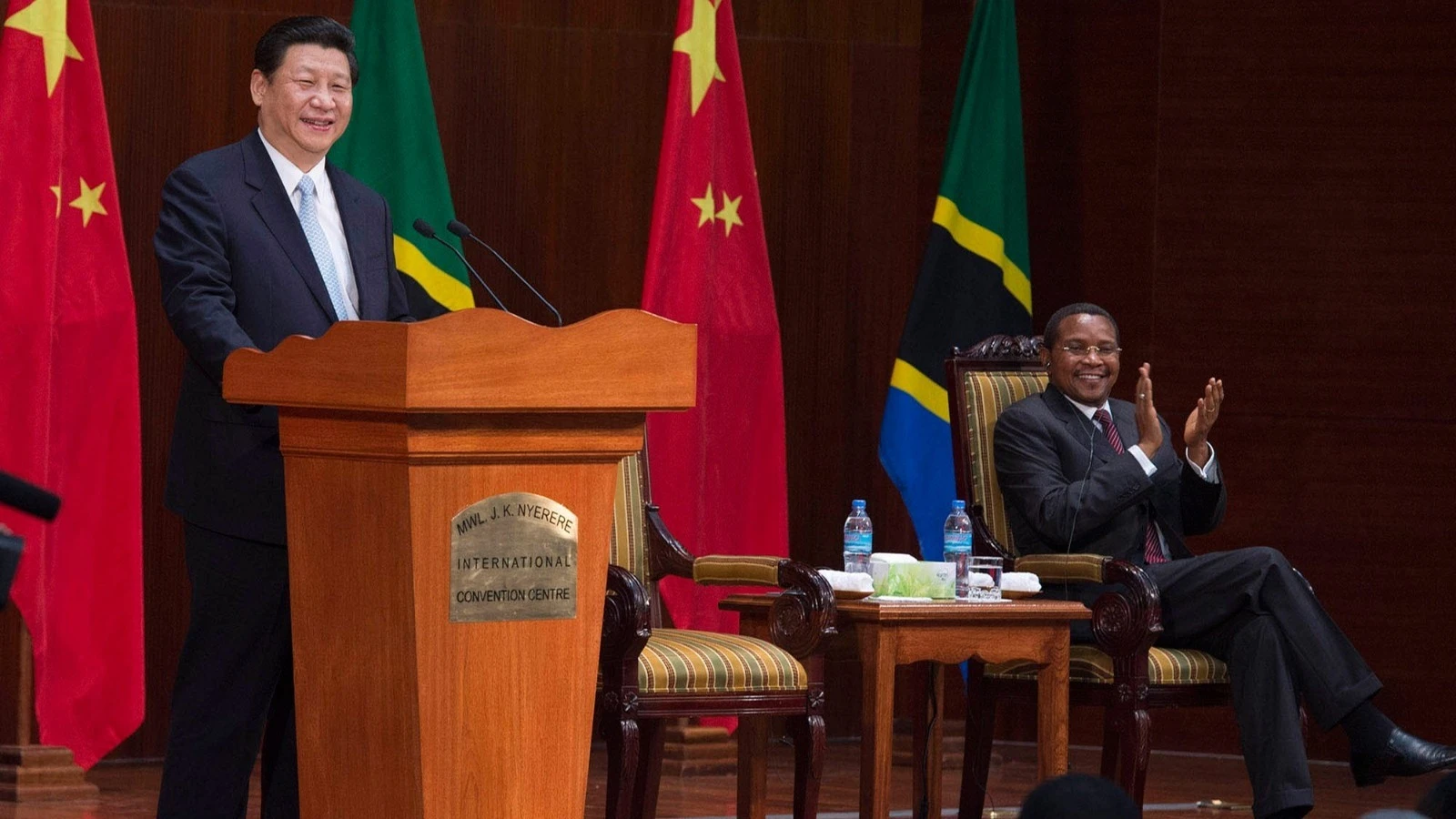
During his state visit to Tanzania in 2013, Chinese President Xi Jinping outlined the principles of sincerity, real results, affinity, and good faith guiding China's Africa policy.
Late Chadian President Idriss Deby Itno once said that China-Africa relations are based on equality. "China never acts as a know-it-all, never preaches to us. This is very important for Africa."
In a world of challenges and changes, China and Africa should march forward together, shoulder to shoulder, arm in arm, Xi said. "Brothers of the same mind can cut through metal."
by Xinhua writer Tian Dongdong
BEIJING, Sept. 3 (Xinhua) -- "Habari, Habari!" Chinese President Xi Jinping greeted the audience in Swahili. Those at the packed conference hall at the Julius Nyerere International Convention Center in Dar es Salaam, Tanzania, gave some 30 rounds of applause during Xi's half-an-hour speech on China-Africa relations.
That was one of the memorable moments during his first overseas tour made just days after being elected as China's head of state back in March, 2013. During his stop in the East African country, Xi outlined the principles of sincerity, real results, affinity, and good faith guiding China's Africa policy.
Over the past decade, China has enhanced its solidarity and cooperation with the African continent based on the principles under Xi's leadership, consistently reaching new heights.
Later this week, this promising journey is set to reach another milestone in Beijing at the 2024 Summit of the Forum on China-Africa Cooperation (FOCAC).
TRUE FRIENDS ARE THE MOST VALUABLE
During the late Zimbabwean President Robert Gabriel Mugabe's trip to China in 2014, Xi received him with the highest diplomatic protocol of China.
At the welcome ceremony held outside the Great Hall of the People in Beijing, Xi lent his arm to support Mugabe, who was already in his 90s, to step off the viewing platform to review the guard of honor.
When dealing with Africa, the Chinese leader emphasizes the importance of sincerity. Actions follow his words.
The last time the FOCAC summit was held, in Beijing in 2018, Xi, despite a tight schedule as host, managed to meet one-on-one with each visiting African leader. Since 2013, Xi has made five visits to Africa, traveling to Tanzania, South Africa, the Republic of Congo, Zimbabwe, Egypt, Senegal, Rwanda and Mauritius. Since 2023, he has hosted at least 20 African leaders in China.
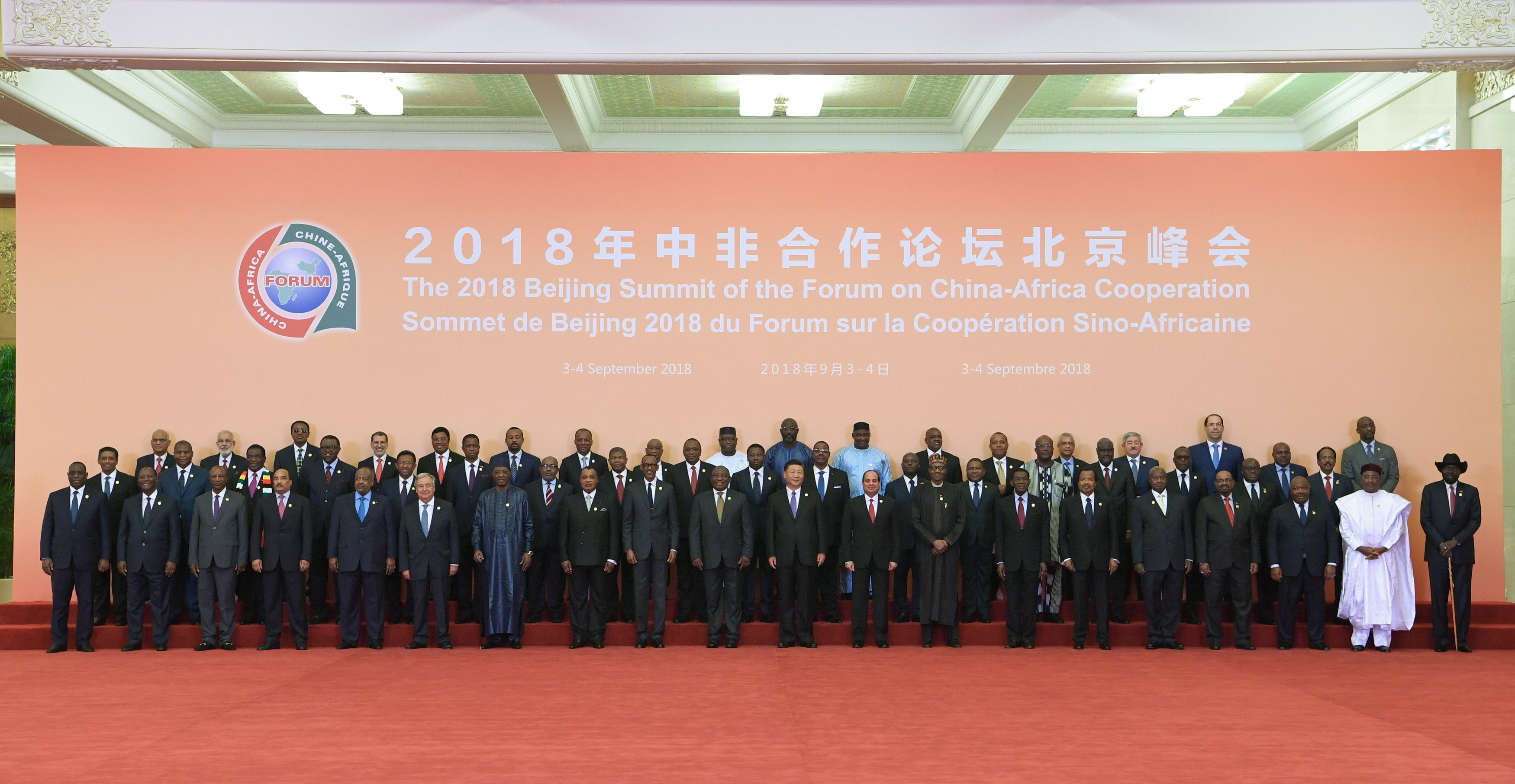
He believes that Africa belongs to the African people and that African affairs should be decided by the African people.
That's why Xi has proposed a "'five-no' approach" in China's relations with Africa: no interference in African countries' pursuit of development paths that fit their national conditions; no interference in African countries' internal affairs; no imposition of China's will on African countries; no attachment of political strings to assistance to Africa; and no seeking of selfish political gains in investment and financing cooperation with Africa.
Late Chadian President Idriss Deby Itno once said that China-Africa relations are based on equality. "China never acts as a know-it-all, never preaches to us. This is very important for Africa."
TICKET TO HAPPINESS
Last year, Jamlik Mwangi Kariuki and over 40 Kenyan students and alumni at Beijing Jiaotong University wrote a letter to Xi.
In the letter, they shared their experiences studying railway operations and management in China and expressed their aspiration to serve as a bridge of friendship. Along with the letter, they sent a special gift to the Chinese leader: A ticket to ride the Mombasa-Nairobi Railway.
Kenya's century-old dream of building a new railway became a reality through cooperation with China. Launched in May 2017, the railway, spanning approximately 480 km, connects the large Indian Ocean city of Mombasa with Nairobi, the country's capital and largest city. It is Kenya's first modern railway since independence and is hailed as a flagship project under the Belt and Road collaboration between China and Kenya.
The railway has reduced the travel time between the two cities from more than 10 hours to about five, alleviated congestion at Mombasa Port, reduced operating costs for manufacturers and improved supply chain efficiency. According to Kenya's railway authorities, the project has contributed over 2 percent to the nation's GDP.
In his reply to the students' letter earlier this year, Xi said he was glad to see that they have bonded with China through this road to happiness, and benefited from China-Kenya and China-Africa friendship and cooperation.
The Mombasa-Nairobi Railway is just a snapshot of the broader cooperation between China and the African continent, which Xi said should highlight "real results." Since the establishment of FOCAC in 2000, China has helped countries in Africa build or upgrade more than 10,000 km of railways. Via such drives as the 10 cooperation plans, eight major initiatives and nine programs, nearly 100,000 km of highways, roughly 1,000 bridges, almost 100 ports and a telecom network service covering nearly 700 million user terminals have been built or upgraded.
"Africa's industrialization started late and has a weak foundation. Only by improving infrastructure, promoting connectivity and achieving economic integration can Africa conduct large-scale industrial production and effectively integrate the sales market of industrial products," said Costantinos Berhutesfa Costantinos, professor of public policy at Addis Ababa University in Ethiopia.
To ensure sustainable development and industrialization in Africa, which homes the highest number of developing countries, Xi pays close attention to the continent's capacity building. "It is more important to show people how to fish than just giving them fish," he said.
At the 2018 FOCAC summit, Xi announced that 10 Luban Workshops would be set up in Africa to provide skills training for young Africans and that China would support training 1,000 people in high-caliber positions. The Luban Workshop is a Chinese initiative to provide vocational training.
Dozens of young Africans who graduated from the Djibouti Luban Workshop -- the first to open in Africa -- work either as management professionals or technicians at the Addis Ababa-Djibouti Railway project.
"The importance of talent in innovative development cannot be overstated," said Gerishon Ikiara, an economist and former permanent secretary in Kenya's Ministry of Transport, adding that China is helping African countries turn their population dividend into a development advantage.
AS CLOSE AS FAMILY
To strengthen the enduring friendship, Xi said China follows the principle of "affinity."
The China-Africa bond was not built overnight. The Chinese still clearly remember how, over 50 years ago, African nations and other developing countries "carried" China into the United Nations.
"China and Africa are as close as one family. People of my age in China grew up in the warm atmosphere of China-Africa friendship. We all have a strong interest in Africa ... we are all familiar with the memorable stories of China-Africa friendship, such as the construction of the TAZARA Railway," Xi once said.
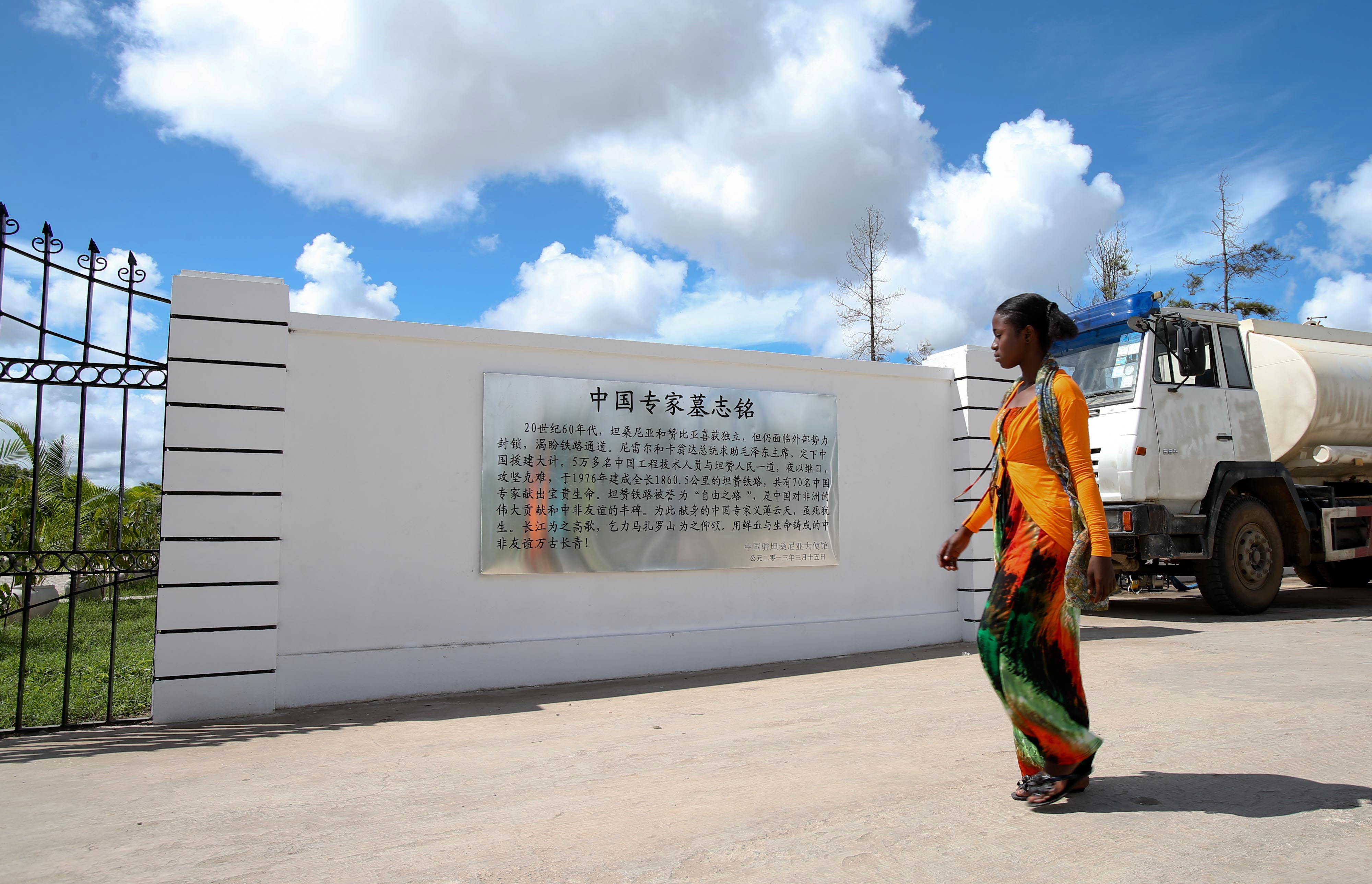
The 1970s were pivotal for the economic development of Tanzania and Zambia. The Chinese government had successively sent more than 50,000 engineering and technical personnel to participate in the construction of the Tanzania-Zambia Railway, which stands today as a symbol of the strong bond between China and Africa.
Such stories of the Chinese and Africans helping each other in times of adversity continue to this day.
In 2014, Liberia, along with Sierra Leone and other Western African nations, was struck by a deadly Ebola outbreak. As those countries were struggling with an epidemic that was considered the largest strike since the virus was first discovered in 1976, China was among the first to offer assistance.
Among its many rounds of aid deliveries, China, with Xi's instructions, provided badly needed epidemic prevention materials and mobile laboratories, built and operated an infectious disease treatment center for the first time overseas, and dispatched medical experts.
With Chinese support, many Liberians infected with the disease were pulled back from the brink of death. In May 2015, the World Health Organization declared the end of the Ebola outbreak in Liberia. Several months later, then-Liberian President Ellen Johnson-Sirleaf visited China. During their talks, Xi promised more aid for the country's post-outbreak construction.
Such feelings are always mutual. In April 2010, following a devastating earthquake that struck Yushu County in China's northwestern Qinghai Province, the Republic of the Congo pledged funds to build a school in the affected area.
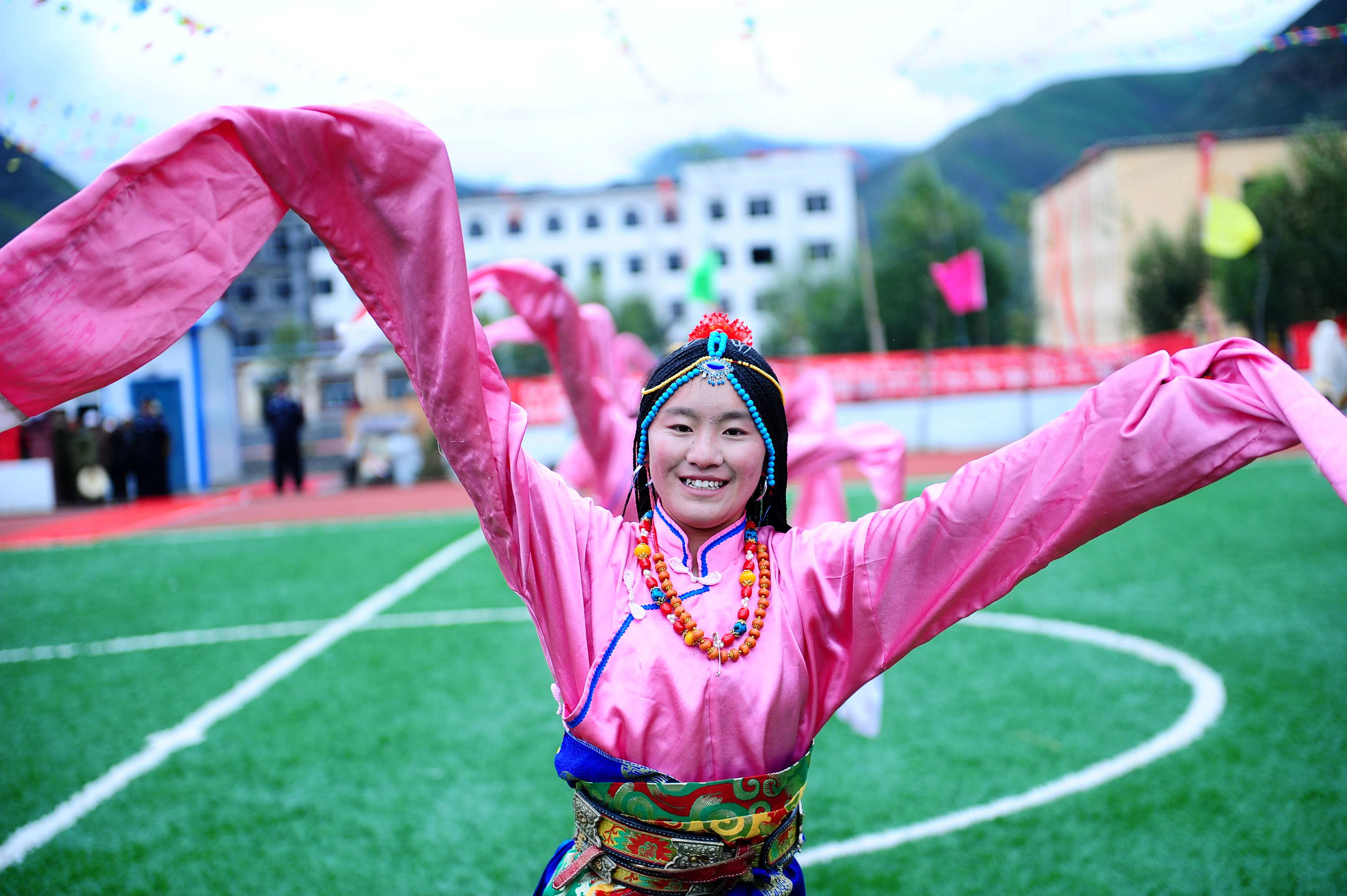
When delivering a speech at the Parliament of the Republic of Congo in 2013, Xi extended his heartfelt gratitude to the Congolese government and people on behalf of the students of the rebuilt school.
"Now the children in the affected area have spacious new school buildings, where they can read and study quietly, and run and laugh on the sports field," Xi said.
CUT PATHS AND BUILD BRIDGES
Over the past decades, at every critical point in China-Africa relations, both sides have taken a long-term view, identified new shared interests and cooperation opportunities, and elevated bilateral ties to new levels.
Xi described such an enterprising China-Africa spirit as "to cut paths through mountains and build bridges across rivers." In his eyes, "good faith" should be honored when solving problems.
Take bilateral trade. Xi frequently discusses expanding Africa's agricultural exports to China with the continent's leaders.
During Beninese President Patrice Talon's visit to China in September last year, he and Xi jointly witnessed the signing of an agreement on exporting Benin's fresh pineapples to China, officially granting quarantine access for Beninese pineapples.
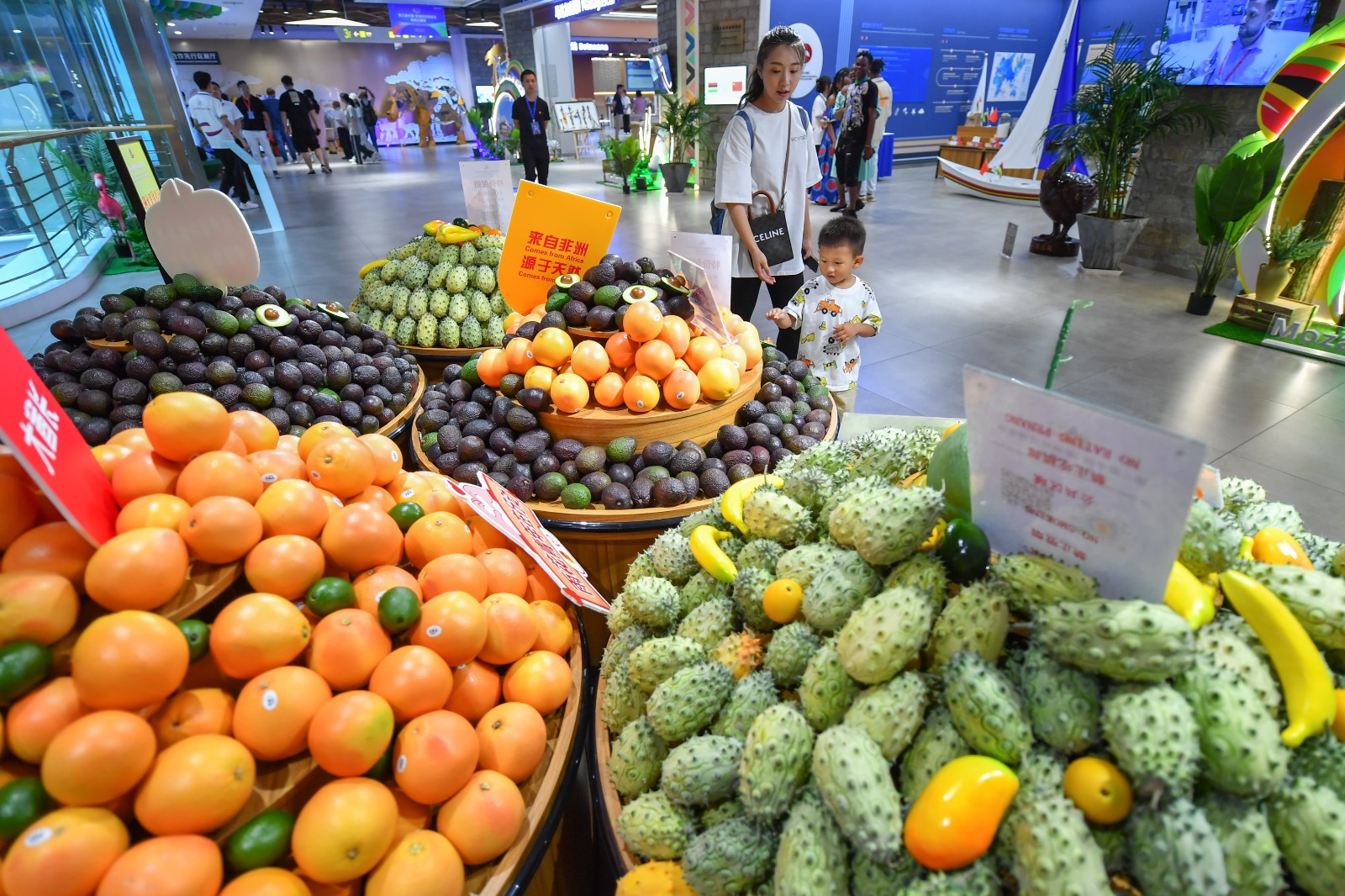
By the end of June this year, China had granted zero tariffs on 98 percent of tariff items from 27 least-developed African countries, and signed bilateral investment promotion and protection agreements with 34 African countries, as well as double taxation avoidance agreements with 21 African countries.
China's trade promotion measures have significantly boosted Africa's exports to China, reflecting China's principle of pursuing the greater good and shared interests. "In doing so, China follows the principle of giving more and taking less, giving before taking and giving without asking for return," Xi said at the 2018 Beijing Summit of FOCAC.
Former Deputy Country Director of the United Nations Development Programme and Kenyan economist Hannah Ryder told Xinhua that a defining feature of cooperation with China is that African needs drive it.
Still, Western critics claim China's relations with Africa are driven by "neocolonialism." Responding to such accusations, Angolan President Joao Lourenco said in a recent interview with Chinese media, "We understand well what colonization is. China is here not to colonize us, but to cooperate with us."
In the coming days, leaders of China and Africa will gather to develop new plans for their shared development and the building of a high-level China-Africa community with a shared future.
In a world of challenges and changes, China and Africa should march forward together, shoulder to shoulder, arm in arm, Xi said. "Brothers of the same mind can cut through metal."
Top Headlines
© 2025 IPPMEDIA.COM. ALL RIGHTS RESERVED














